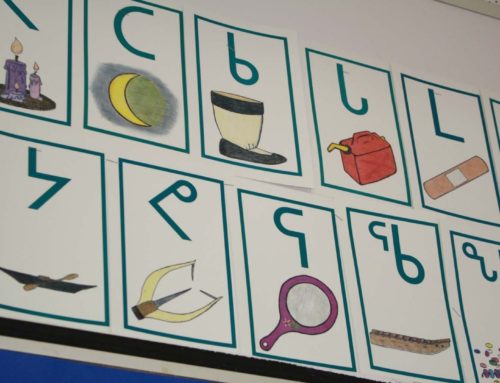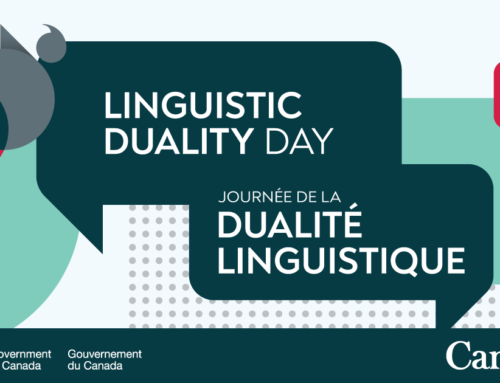You have finally succeeded in starting up your own company. You might even say that it’s flourishing…Congratulations!
Now it’s time to expand your market beyond the English-speaking world. If you sell products in Canada you have no doubt already translated packaging in accordance with the bilingual laws, but now you need to reach out to your target audience by speaking to them in their own language. English and French are a given, but if you are considering international clients, you will connect much more easily with them in their native tongue.
What is the best way to go about finding a translation services provider? A quick Google search yields nearly 8 million results. Clearly, some selection criteria are needed. Here are a few pointers to help you choose a translation company that is best suited for you.
- Start by defining your needs. Do your texts deal mainly with advertising, or are they mostly scientific? Your research can target certain types of content, but don’t forget that your business will change along with your needs. Avoid limiting yourself to a translation market niche that is too narrow.
- Identify the target languages that are of interest to you. Don’t take it for granted that everyone understands English. You would be surprised to see how many Germans are unilingual, for instance. If you only translate your website into French, you will miss a large part of the market.
- Look for a company that employs in-market translators. In addition to mastering the language, these people are aware of linguistic and cultural nuances that can make all the difference between a translation that is stilted, and a text that is vibrant and engaging.
- This brings us to localization and cultural adaptation. Simply translating your documents may be sufficient for procedures or legal texts, for example. However, if you are planning to address your clients directly through a website, brochures or promotional materials, localization will help convey your message more strongly and to a wider audience.
- Social media can no longer be ignored. Your company probably has a social media presence already, but your translation agency should as well. Just as a translation team located in the target market can provide a good adaptation of your content, a translation company knowledgeable in various platforms will ensure that the translated version of your blog or mobile content integrate naturally into the social networks of your target market.
- Seek out quality. Your brand identity is at stake. Even in a very dry text, mistakes and awkward translations are noticeable (who hasn’t burst out laughing when reading instructions?) To begin with, if you are not happy with the website of the translation agency, try a different agency. Most translation companies will provide you with a quote. Take advantage of this and, throughout the process, take note of the quality of language.
- Look over the agency’s list of clients. In addition to well-known names, look for companies that have commonalities with yours. Go to the website of the companies that you’ve identified, and examine the different versions, keeping in mind, however, that the translation company was not necessarily responsible for the page layout.
- Is the agency you are considering a member of professional associations? In addition to language industry associations, the list of associations to which it belongs can tell you a lot about its priorities, for instance about social responsibility and diversity.
- Before entrusting a large quantity of documents to a new provider, don’t hesitate to request a sample of its work. A short representative text will give you a good idea of the translation style you can expect. Furthermore, don’t hesitate to request references from the agency’s clients working in your industry sector
- In this era of electronic communications, geographical proximity is not always important. However, it is appropriate to take this into account in certain cases, particularly if you frequently work in very tight timelines where the time zone can have an effect.
- Lastly, inquire about deadlines. A translation agency with diversified in-house staff, backed up by a solid team of freelancers, will no doubt have the desired capacity to provide you with quick work, respond promptly to last-minute changes, and above all, meet the promised deadlines.
Beyond all these recommendations, the most important piece of advice to add is to trust your instincts. A certain affinity is required to guarantee a harmonious and long-lasting relationship with a translation agency. If, unfortunately, this relationship proves to be less felicitous than expected, you are always entitled to change to a different provider, and to begin the process anew, with a little more enlightenment.




